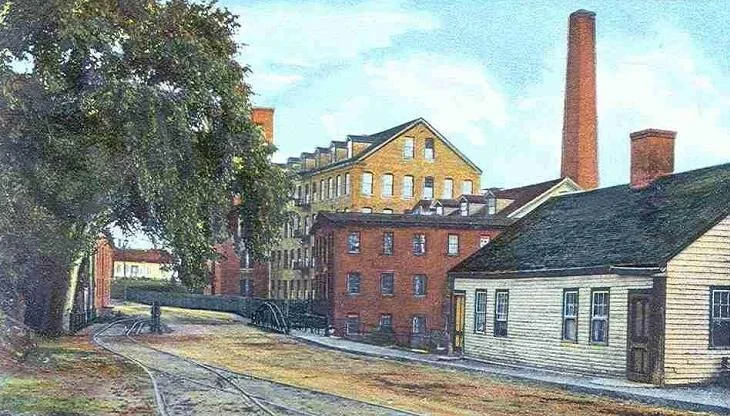
'The land is the culture'
Falls Mountain gorge, on the Housatonic River, site of a 17th-Century Paugussett fishing village.
“Ours is a land culture. In fact, the land is the culture.’’
— Aurelius Piper (Big Eagle) (1916-2008), chief (1959-2008) of the Golden Hill Paugussett Nation, centered in Trumbull, Conn.
'The Trout Pool Paradox'
The Housatonic River in Cornwall, Conn., on the edge of the Berkshires
“Right here at my feet is what I’ve come to think of as the trout pool paradox….The trout pool is a place for solitary contemplation, for romantic love, for a sense of reconnection with lost wilderness. And yet paradoxically, the pristine trout pools of western Connecticut nurtured the most noisome and alienating developments of the American industrial revolution – factory towns, foundries, mass production, the modern armaments and aerospace industries.’’
-- From The Trout Pool Paradox: The American Lives of Three Rivers, by George Black. The book explores the histories of the Housatonic River and two of its tributaries — the Naugatuck, which for a long time was a dumping place for toxic industrial byproducts and human waste, and the Shepaug, known for its fine fishing. The editor of this site, Robert Whitcomb, lived near the Naugatuck in the ‘60s and remembers the river often changing colors depending on what the factories along it were dumping and pouring directly into it, much of it poisonous in varying degrees.
Trout fishing with fly rods became popular in New England in the 19th Century even as industrialization began to pollute many of them of the region’s streams.
Don't depend on one company; mill village in verse
Cleanup activity at one of the General Electric Pittsfield plant Superfund sites on the Housatonic River, which the company heavily polluted in its heyday.
One thing that any community —in New England or elsewhere — should avoid is over-reliance on one or two big companies. Pittsfield, Mass., found that out when General Electric, which once employed 14,000 people at its facilities in that little city, closed most of its operations there, leaving economic devastation. Now, Pittsfield (the capital of the Berkshires) seeks a diverse collection of much smaller firms and is having modest success in turning around the city.
Jonathan Butler, the president and CEO of 1Berkshire, a business development group, told New England Public Radio:
“If we were to have another employer with 10,000 or 15,000 jobs come in, {to Pittsfield} that would scare me. I think that would scare those of us [who] work in economic development.”
I have strong memories of covering the 1970 elections in Pittsfield for the old Boston Herald Traveler. It then still had a thriving downtown, though you could sense slippage.
To read more, please hit this link.
Assawaga Mill, Dayville, Conn., in 1909
Factory Town in Verse
Old New England mills (many of them beautiful, and built for the ages) and the towns that grew around them have become the subjects of a curious form of romance in recent years. So now we have poet, novelist, essayist, environmentalist and former Connecticut deputy environmental commissioner David K. Leff out with a verse novel, The Breach: Voices Haunting a New England Mill Town, which studies the decline of such a community facing economic and an environmental crises.
To hear Mr. Leff talk about his book, and read from it, please hit this link.






